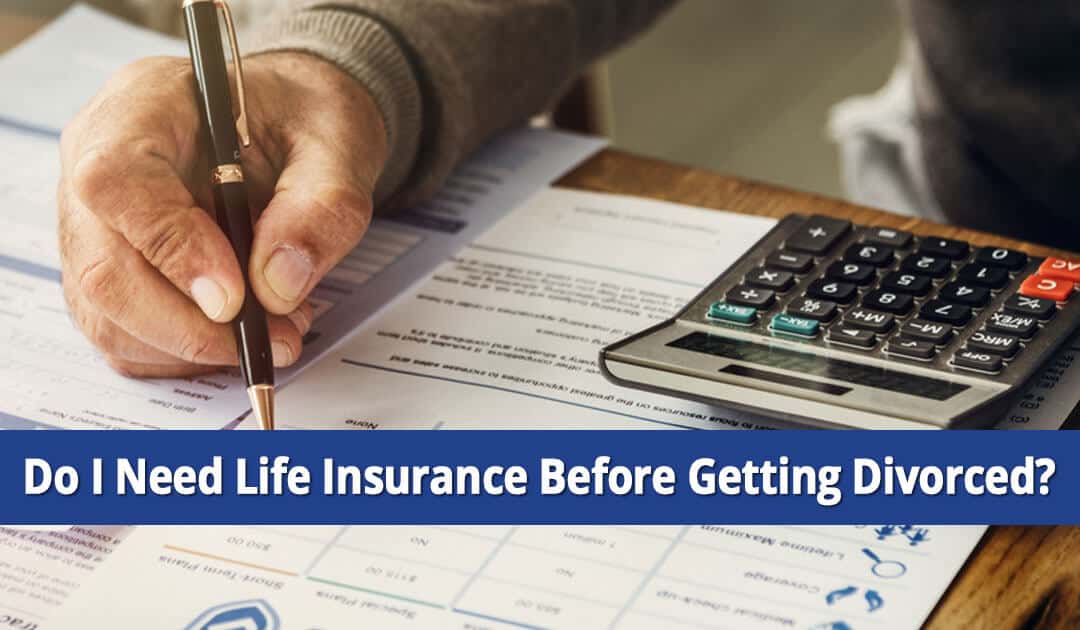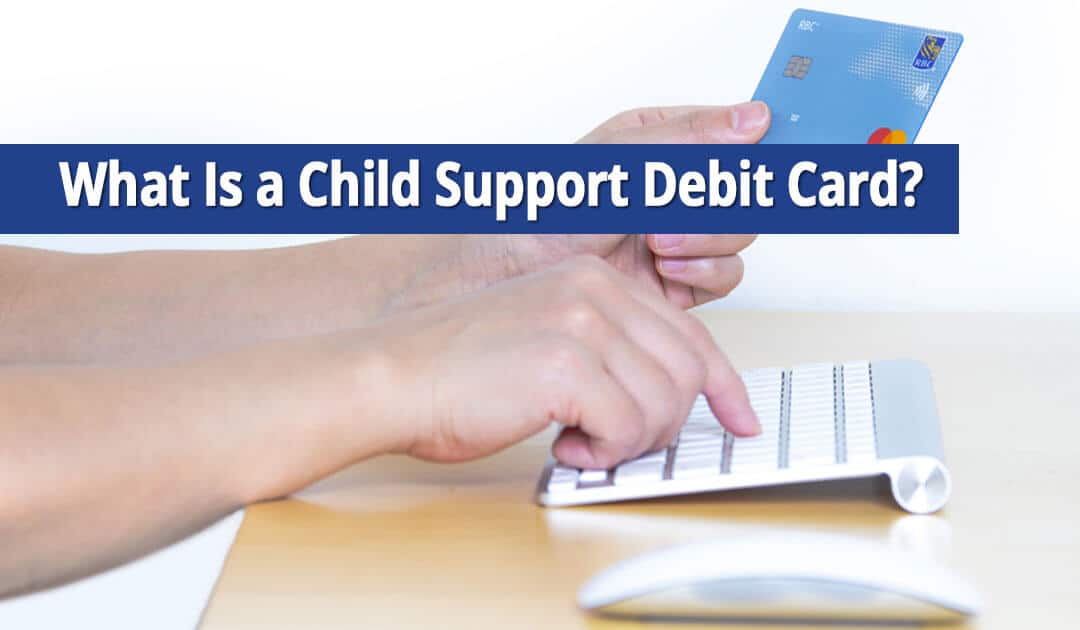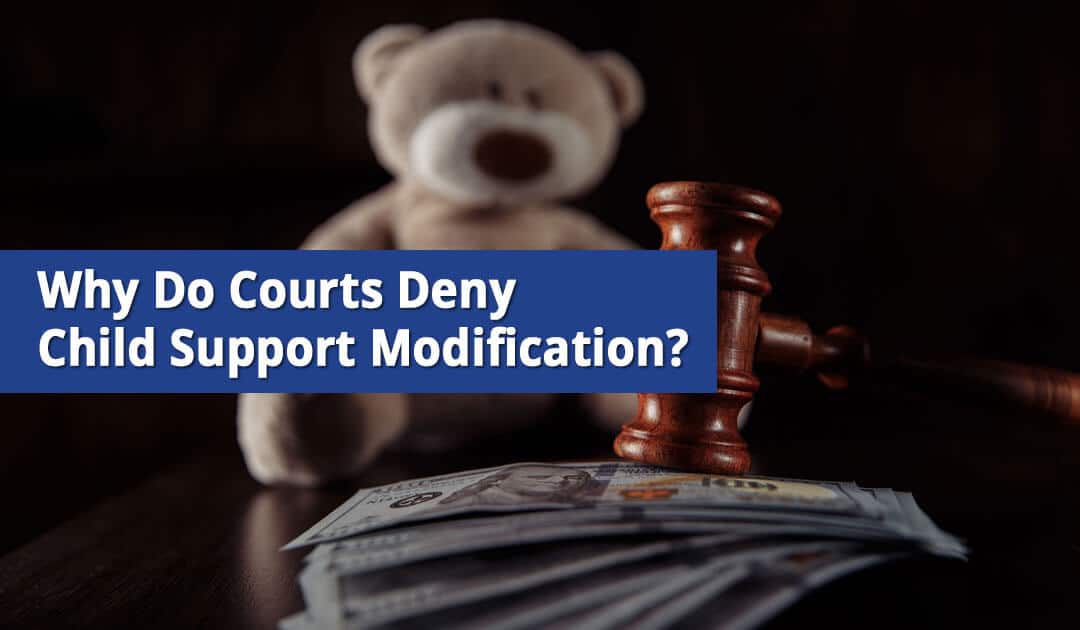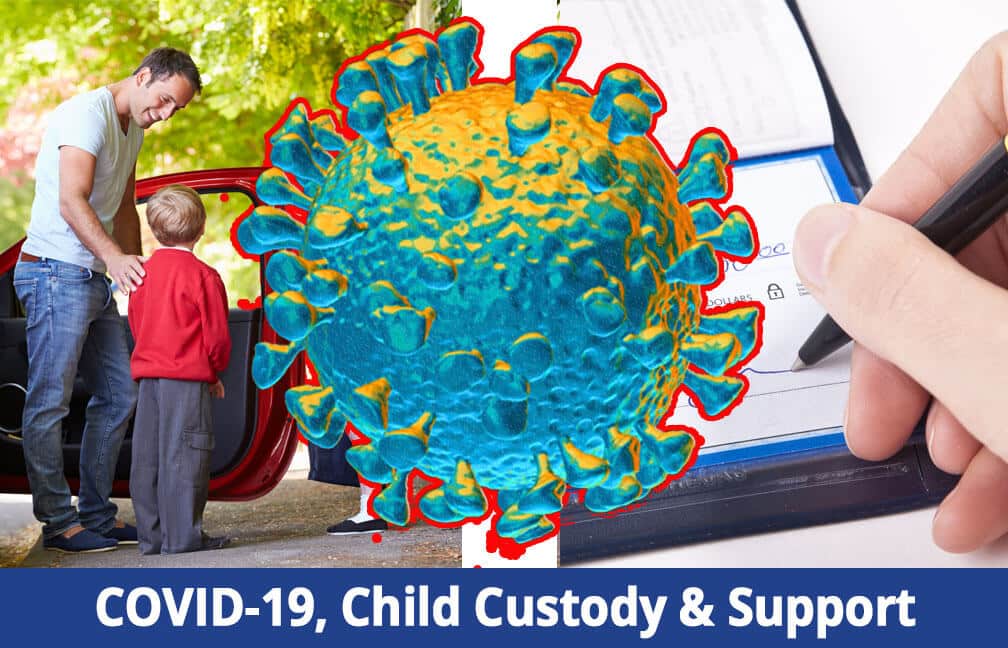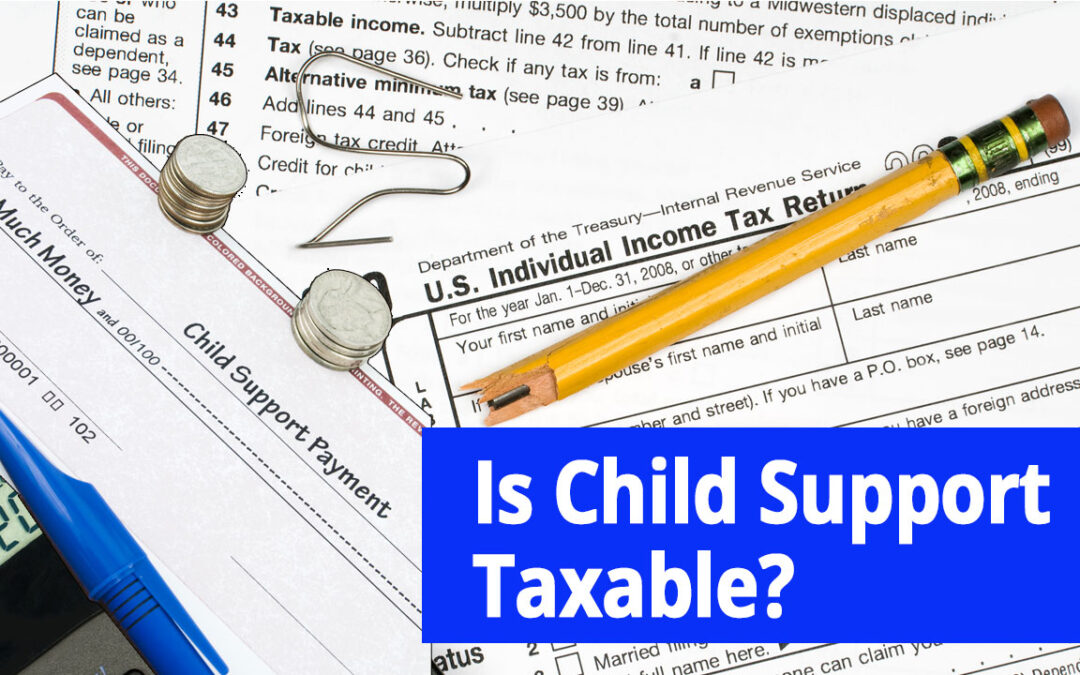
Is Child Support Taxable in New York State
Is Child Support Taxable in New York State
Taxable income is a key consideration when navigating your financial responsibilities, especially concerning child support. In New York State, we often encounter questions about whether child support payments are subject to taxes. You may be curious if the amounts you receive or pay for child support will affect your tax obligations. In this post, we will provide you with comprehensive insights into the tax implications of child support in New York, helping you better understand your rights and responsibilities when filing your taxes.
Overview of Child Support in New York State
Your understanding of child support in New York State is crucial for navigating family law and tax law. Child support serves as a financial arrangement mandated by the court to ensure that a child’s basic needs are met after parents separate or divorce. This overview will clarify how child support works, its purpose, and its implications for you, whether you’re the paying or receiving parent.
Definition of Child Support
Child support refers to the financial contributions made by one parent to assist the other in covering their child’s living expenses. It ensures that children maintain a standard of living comparable to what they would have enjoyed if their parents were still together.
Legal Framework Governing Child Support
In New York State there are a series of laws and guidelines that establish how child support amounts are calculated and enforced. These laws aim to promote the child’s welfare, ensuring they receive adequate financial support from both parents.
Consequently, New York has established specific guidelines for determining child support amounts based on parents’ incomes and the number of children involved. The state uses a formula that takes into account the combined income of both parents, along with other factors such as medical expenses and childcare costs. The courts enforce these guidelines to ensure fair and consistent support, providing a structured framework to protect children’s interests when parents separate.
Tax Implications of Child Support Payments
If you are receiving or paying child support, it’s important to understand how these payments are treated for tax purposes. Generally, child support payments are not taxable income for the recipient, nor are they tax-deductible for the paying parent. This means you won’t need to report child support on your tax return, simplifying your overall tax situation during filing season.
Federal Tax Treatment
To ensure you’re compliant with federal tax regulations, know that child support payments are not regarded as taxable income. This means the person receiving the child support does not need to report it on their federal tax return, and the payer cannot deduct these payments from their taxable income. This tax treatment promotes fairness, as the child support is meant for the direct benefit of the child.
State Tax Treatment in New York
To understand how child support is treated at the state level in New York, you can expect similar tax implications as the federal rules. Child support payments are not considered taxable income for the recipient and are not deductible for the payer. This consistency between federal and state treatment simplifies the taxation process for parents involved in child support arrangements.
Even in New York, where tax regulations can be complex, child support maintains its non-taxable status. This ensures that the funds intended for the child’s welfare are not diminished by tax implications. This clarity helps parents focus on supporting their children without the burden of additional tax concerns. Of course, we always recommend consulting a tax professional for personalized advice regarding your specific situation.
Recipient’s Tax Obligations
It’s important to understand your tax obligations relating to child support and how they differ from other forms of income, ensuring you are accurately compliant with tax laws. There’s a common misconception that child support is taxable income; however, as the recipient, you are not required to report it as taxable income on your federal or New York state tax returns.
Reporting Child Support on Tax Returns
Beside knowing that child support isn’t taxable, it’s imperative to note that you do not need to report it on your tax returns. This means that you can focus on reporting other taxable income sources while treating child support as non-taxable financial support that helps you care for your child without tax implications.
Impact on Other Tax Credits
Beside being non-taxable, child support can influence eligibility for certain tax credits such as the Earned Income Tax Credit (EITC). While child support itself doesn’t directly affect these credits, the overall financial landscape can play a role in determining your eligibility. Make sure to consider how your income level and the child support you receive may impact your ability to qualify for various tax benefits and credits, maximizing your support while adhering to tax regulations.
At times, receiving child support can have indirect consequences on your eligibility for various tax credits due to overall income considerations. For example, if you’re receiving child support, it might alter your financial standing and affect your eligibility for programs like the EITC. Therefore, it is wise to evaluate your total income carefully and seek professional guidance if needed, ensuring you take full advantage of any credits available to you while accurately accounting for your financial situation.
Payor’s Tax Considerations
For individuals paying child support in New York, it’s important to understand how these payments affect your tax situation. While child support payments are not taxable income for the recipient, they also cannot be deducted on your tax return as the payor. This means that you won’t be able to reduce your taxable income by the amount you pay in support.
Deductibility of Child Support Payments
Along with child support not being taxable for the recipient, you cannot deduct the payments on your taxes. This means that whatever you pay in child support is considered a personal expense and does not provide a tax benefit for you. It’s necessary to plan your finances accordingly, knowing there won’t be any tax relief associated with these payments.
Implications for Payor’s Tax Liability
Across the board, payors of child support should factor these payments into their overall financial picture. Since these payments are not deductible, your overall tax liability remains unaffected by your child support obligations. Understanding this can help you manage your budget more effectively, as you will need to account for these non-deductible expenses when planning your financial future.
Deductibility impacts your tax liability since child support payments are an expense without tax relief. This means you’ll need to ensure your income meets your obligations alongside your other financial responsibilities. A good tax professional can help you navigate your specific situation, ensuring you’re aware of your financial standing and can make informed decisions about budgeting and planning for your children’s needs.
Modifications and Enforcement of Child Support
All aspects of child support can be modified based on changed circumstances or the need for enforcement. If you find your financial situation has shifted or your child’s needs have changed, pursuing modifications can help ensure that support payments remain fair. Understanding the legal options available to you is crucial to maintain compliance with court orders and protect your child’s best interests.
Changes in Circumstances
With adjustments in income, employment, or living situations, child support obligations can be reevaluated. If you or the other parent experiences a significant change in circumstances, you may petition the court to modify the support agreement. This process ensures that the support amount reflects your current financial capacity and your child’s needs. Learn if you can reduce your child support payments and how to do it if you can.
Legal Enforcement of Child Support Payments
Across New York State, there are several legal mechanisms to enforce child support payments when one parent fails to comply with a child support court order. The child support program can legally collect overdue child support (arrears) and obtain health insurance coverage through a variety of “administrative procedures” or enforcement actions, including driver’s license suspension, professional license suspension, reporting to credit bureaus, income tax refund intercepts, passport denial, financial asset freezing, lotter prize intercepts, and liens. The New York State Child Support website an provide more information about Child Support Enforcement Actions. In Nassau County, the Department of Social Services Office of Child Support can provide assistance with collecting child support arrears. Enforcement In Suffolk County, the Child Support Enforcement Bureau can answer any questions you may have about collecting child support payment arrears.
Considering that child support is necessary for the well-being of your child, it’s important to understand how child support enforcement works. If you’re facing issues with receiving payments, contacting your local child support enforcement agency can be a key step. They can help you navigate the legal procedures available to ensure that the support you’re entitled to is enforced effectively. Taking prompt action can safeguard your child’s financial security. Learn How to Collect Overdue Child Support.
Child Support is Not Taxable for the Recipient or Payer
In New York State, child support is not taxable for the recipient nor deductible for the payer. If you are receiving or paying child support, you should be aware that this payment structure can affect your overall financial planning, but it won’t impact your tax return. We recommend consulting with a tax professional for personalized advice, ensuring that you understand how these dynamics may play a role in your overall financial situation.
~ Caitlyn Coltellino
Frequently Asked Questions About Child Support & Taxes
Q: Is child support taxable in New York State?
A: No, child support payments are not considered taxable income for the recipient in New York State. Additionally, the paying parent cannot deduct these payments from their taxable income.
Q: What happens if child support is not paid?
A: In New York, if a parent fails to pay child support, the other parent can seek enforcement through the court system. This can lead to various actions, including wage garnishment and potential contempt charges.
Q: Are there any tax implications for the parent receiving child support?
A: The parent receiving child support does not have to report it as income on their federal or state tax returns, meaning it does not affect their taxable income or tax liability.
Q: Can child support payments be altered or modified?
A: Yes, child support payments can be modified if there is a significant change in circumstances for either parent, such as changes in income, employment status, or the needs of the child. This requires a court petition to adjust the existing order.
Q: What documentation is needed for child support payments?
A: It is important to keep detailed records of child support payments, including dates and amounts paid. Although they are not taxable, having documentation can help in case of disputes or enforcement actions.
Q: Does paying child support affect tax credits or benefits?
A: Paying child support does not directly affect tax credits or benefits; however, parents may want to seek advice from a tax professional to understand how their overall financial situation and obligations may impact eligibility for certain credits.
Q: Can child support be claimed as a tax deduction?
A: No, child support payments cannot be claimed as a tax deduction by the paying parent in New York State. These payments are not deductible and are not taxable for the recipient.
GET YOUR FREE CONSULTATION TODAY Call 631-923-1910 or fill in the form below

Horberger Verbitsky, P.C. partners Robert E. Hornberger, Esq. and Christine M. Verbitsky, Esq.
At your consultation, we will:
- Conduct a Comprehensive Review of your particular situation
- Provide a Full Explanation of the Legal Issues involved in your matter
- Discuss your Goals and Objectives
- Develop a Strategic Plan to Achieve your Goals
- Answer All of Your Questions & Concerns
- Provide Advice on collecting Key Documentation and Evidence to gather to achieve your desired outcome
Your attorney will describe the many options available to determine together the right solution for you. By the end of this conversation, we’ll all understand how we can best help you to move forward.
No Cost or Obligation
There is no cost or obligation for this initial consultation. It is simply an opportunity for us to get to know each other, answer your questions and learn if Hornberger Verbitsky, P.C. is right the right law firm for you. Give us a call at 631-923-1910 or fill in the short form below for your free consultation and case evaluation. All Fields Are Required
About the Author
Robert E. Hornberger, Esq., Founding Partner, Hornberger Verbitsky, P.C.
- Over 20 years practicing matrimonial law
- Over 1,000 cases successfully resolved
- Founder and Partner of Hornberger Verbitsky, P.C.
- Experienced and compassionate Long Island Divorce Attorney, Family Law Attorney, and Divorce Mediator
- Licensed to practice law in the State of New York
- New York State Bar Association member
- Nassau County Bar Association member
- Suffolk County Bar Association member
- “Super Lawyer” Metro Rising Star
- Nominated Best of Long Island Divorce Attorney four consecutive years
- Alternative Dispute Resolution Committee Contributor
- Collaborative Law Association of New York – Former Director
- Martindale Hubbell Distinguished Designation
- America’s Most Honored Professionals – Top 5%
- Lead Counsel Rated – Divorce Law
- American Institute of Family Law Attorneys 10 Best
- International Academy of Collaborative Professionals
- Graduate of Hofstra University School of Law
- Double Bachelor’s degrees in Philosophy, Politics & Law and History from SUNY Binghamton University
- Full Robert E. Hornberger, Esq. Bio





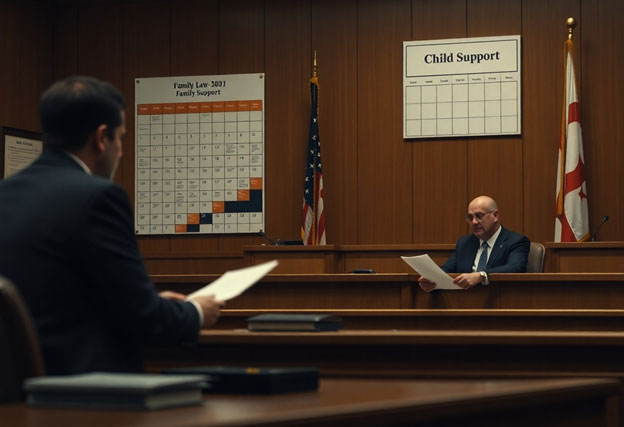












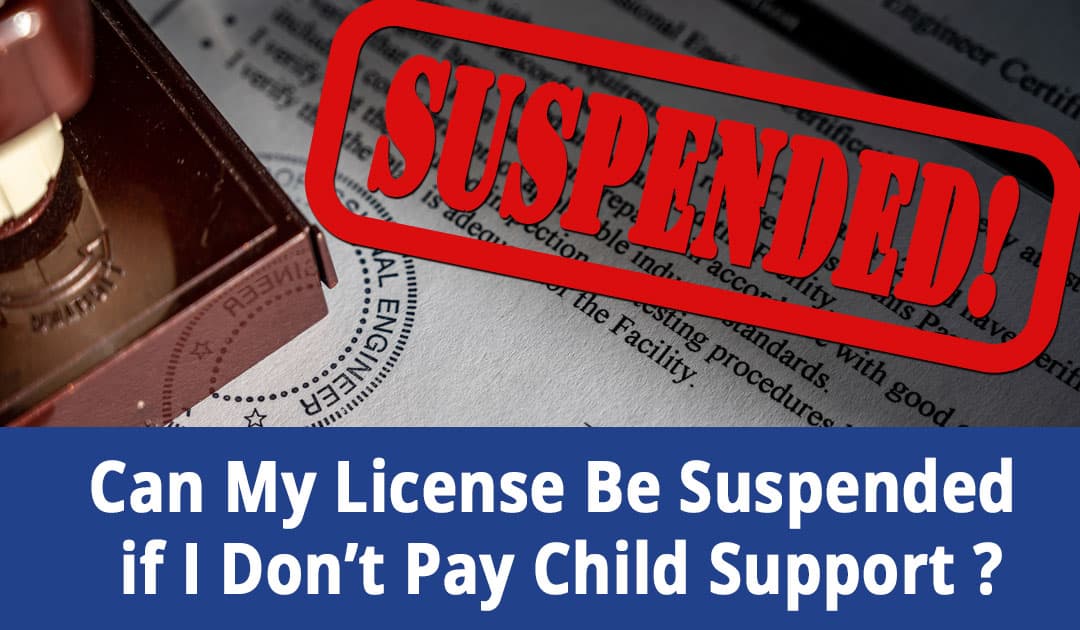
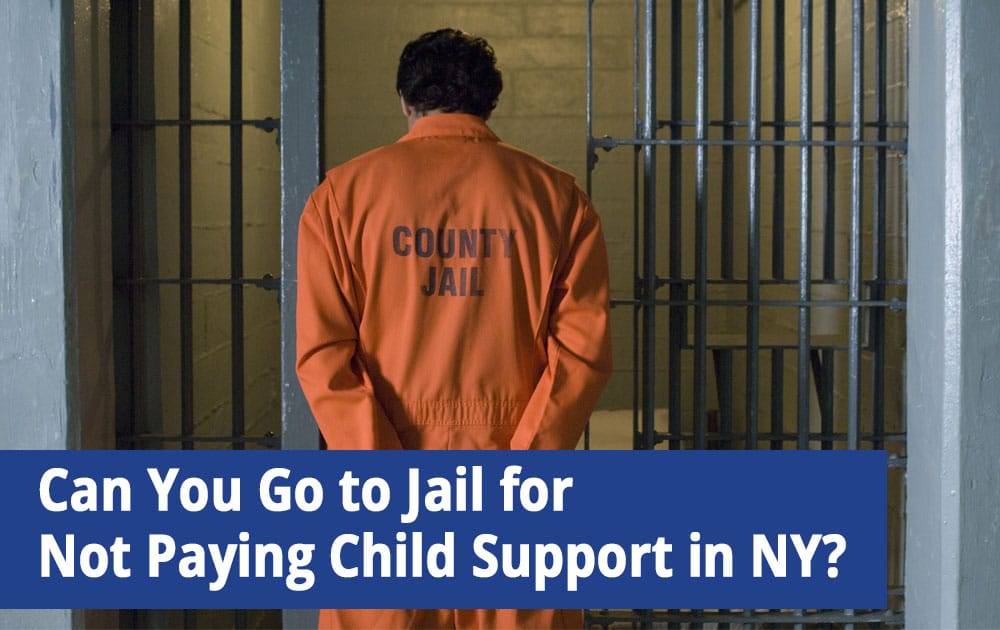
 Get your complimentary consultation and case evaluation with our experienced attorneys today. Your attorney will describe the many options available and determine together which is the right solution for you. By the end of this conversation, we’ll all understand how we can best help you to move forward.
Get your complimentary consultation and case evaluation with our experienced attorneys today. Your attorney will describe the many options available and determine together which is the right solution for you. By the end of this conversation, we’ll all understand how we can best help you to move forward.